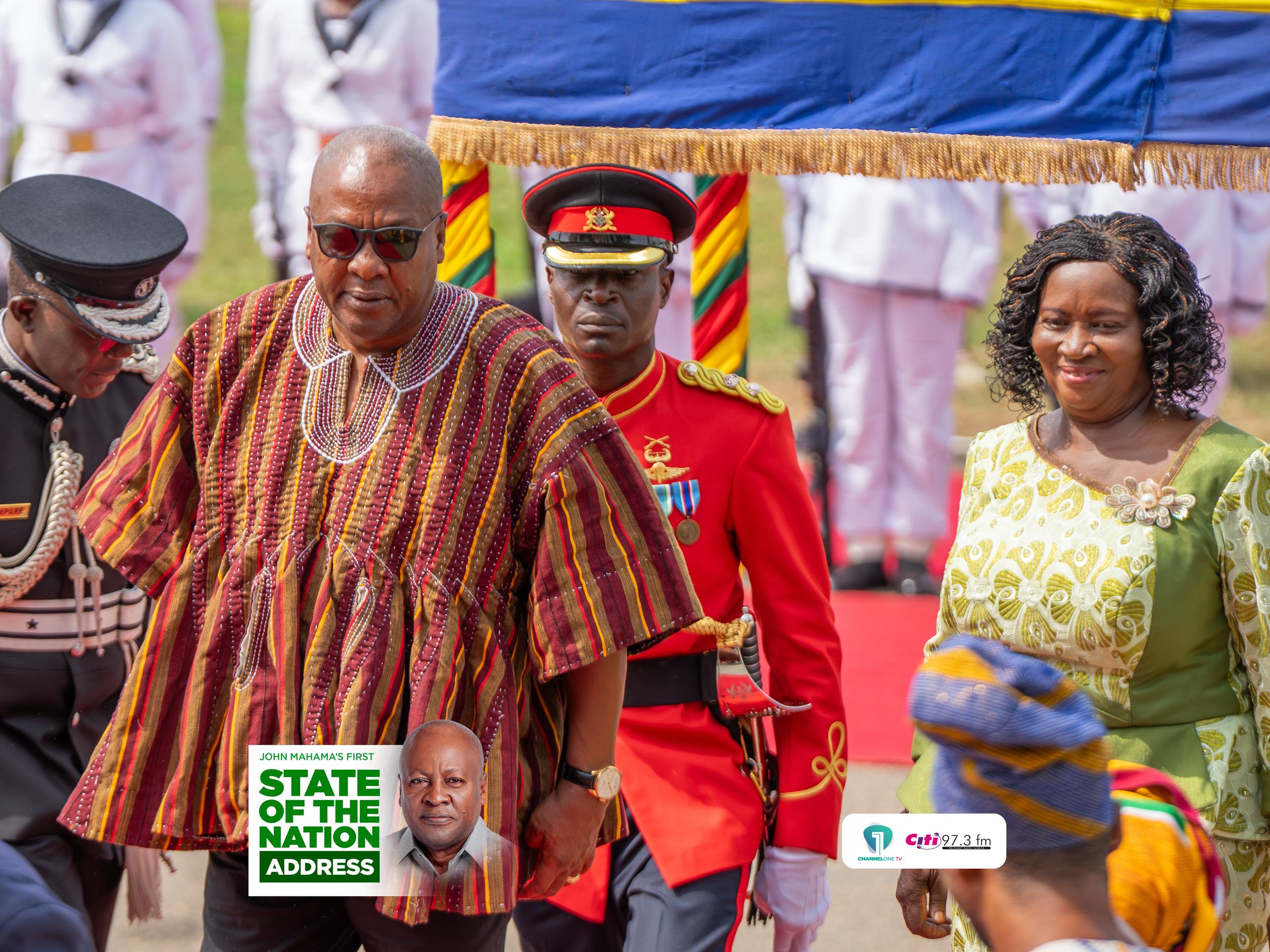A Call to Action in the Midst of Rising Waters
Since the days when Nkrumah envisioned a free and prosperous nation, the rains have come time and again. Each downpour brings with it the same pattern—floods that transform streets into rivers, homes submerged under brown waters, and properties lost to the relentless flow. Lives are disrupted, dignity is eroded, and the cycle of despair continues. We react with cries, blame, and finger-pointing, but rarely do we take meaningful action. The question remains: who is truly responsible for this recurring crisis?
The government often bears the brunt of criticism for poor drainage systems, lack of enforcement, and unfulfilled promises. However, the responsibility does not rest solely on their shoulders. Citizens who construct in waterways, block gutters with waste, and wait until disaster strikes to acknowledge the problem also play a significant role. Local assemblies that turn a blind eye, institutions that prioritize paperwork over people, and educators who focus on compliance rather than moral development contribute to the ongoing neglect.
Religion, which should serve as a guiding force, has become more about rituals than renewal. Places of worship are filled, yet spiritual fulfillment remains elusive. Prophets, priests, and prayer lines exist, but they often lack the clarity and direction needed to inspire real change. Spirituality has transformed into a refuge from responsibility instead of a call to action. The sacred has grown silent in the face of decay, leaving many feeling disconnected from purpose.
We are drowning not just in physical floods but in a deeper sense of neglect, ignorance, and moral inertia. This extends beyond the natural world. Marriages that were never built to last, parenting that shelters without shaping, education that fills minds without nurturing hearts, and careers that provide income without fulfillment all contribute to a society adrift. People drift through life without direction, waiting for someone else to rescue them. They look for superheroes, divine intervention, or miracles, but the flood continues to rise, and still, no one moves.
“I’m drowning” is no longer just a metaphor for the rain. It reflects a generation lost in the storm of its own making. A people who saw the signs but turned away. A society where the spiritual is disconnected from the practical, and the sacred has grown silent in the face of decay.
There is a dangerous misconception that survival equates to success. Waiting has been mistaken for worship, and the importance of proactive measures has been forgotten. Flooding does not begin with the rain; it starts when we ignore the cracks, abandon wisdom, and stop building bridges that hold.
It is time to shift our focus from seeking saviors to becoming stewards of our lands, lives, and legacies. The waters are rising, and this time, no one is coming to save us. The responsibility lies with each of us to act, to build, and to create a future rooted in resilience, unity, and purpose.







